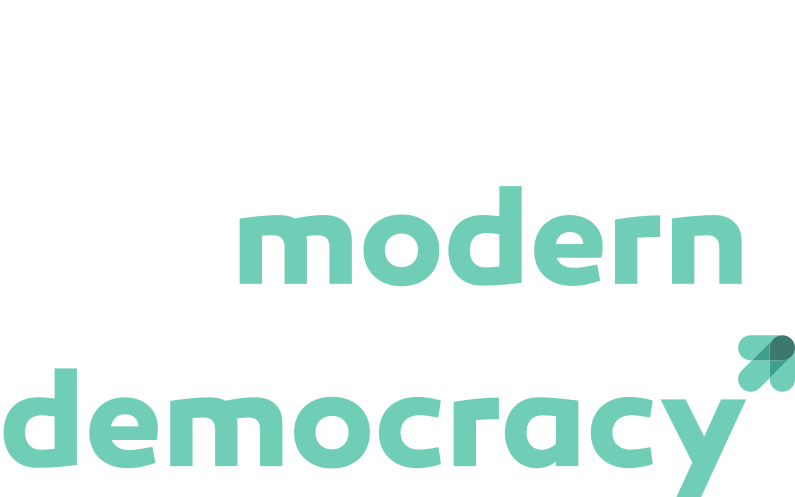For many people, the nature of employment is changing. The proliferation of technology in the modern economy is beginning to shift the dynamic between employers and those undertaking work. Flexible work is increasing to the point where the state needs to address how this fits in to the employment environment, or whether the entire framework requires an overhaul. What has the UK Government been doing in response to the changing nature of employment, and is there an optimal way forward that is beneficial for all parties?
The state of the debate: what does populism mean for the future of capitalism?
From Rust Belt America through Brexit-riven Britain to Greece, Poland and Hungary, the rise of a movement that is anti-establishment and anti-status quo is shattering previously unchallenged assumptions about democracy, capitalism and globalisation. Political parties as diverse as Syriza, Podemos, the Five Star Movement, Golden Dawn, Alternative für Deutschland, the Sweden Democrats, the Danish People’s Party, UKIP, and elements of Jeremy Corbyn’s Labour Party have all been variously described as populist, or at the very least prone to adopting populist tropes in their rhetoric. In this new blog post for the Morality & Markets project, Christopher Howarth asks what populism is and what it means for markets and capitalism.




